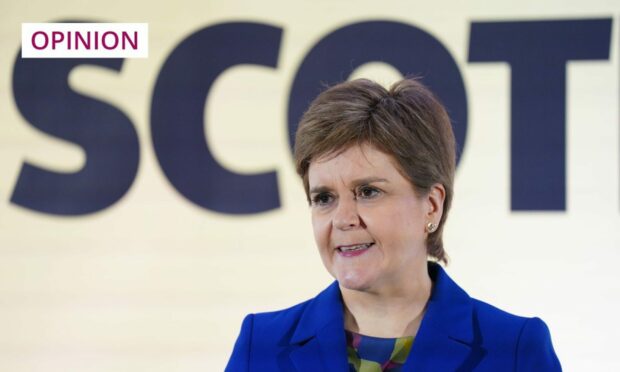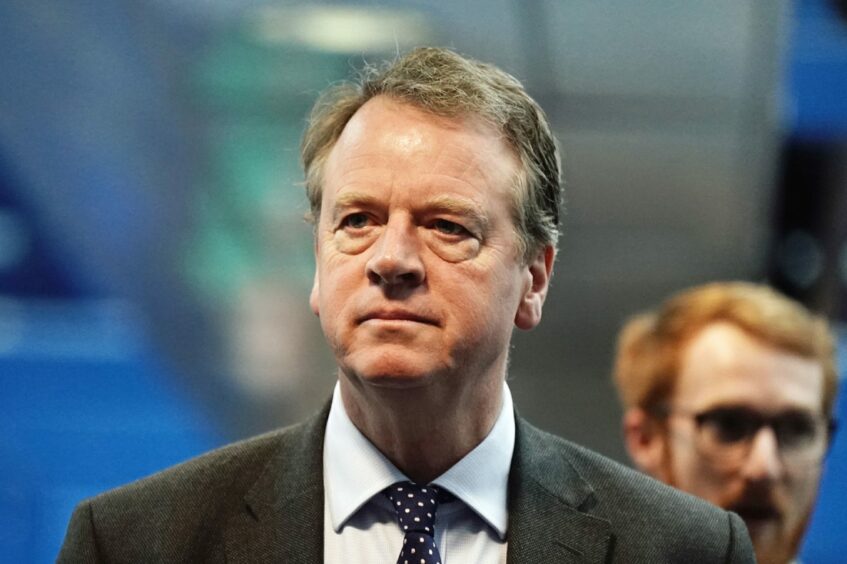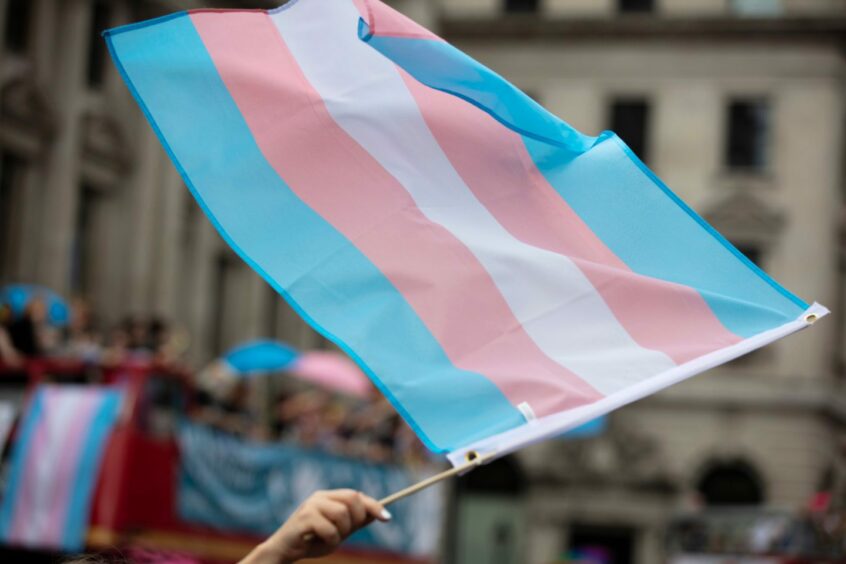I’ve thought for a while that independence was a busted flush – and now Nicola Sturgeon may have played the hand that finally loses her the game.
If she thought she’d an ace up her sleeve in trying to provoke another battle with Westminster over the Gender Reform issue she’s maybe sitting at the wrong table.
The Greens and Labour voted with the SNP at Holyrood on the Gender Recognition Bill that Westminster have refused to give Royal Assent to, but it’s seen by many folk, independence supporters included, as the hill that nationalists have mistakenly chosen to fight and perhaps die on.
With many independence supporters aghast at what they see as an attack on women’s and girls’ rights with this legislation the issue could further split the nationalist movement.
The Scottish secretary Alister Jack said: “After thorough and careful consideration of all the relevant advice and the policy implications, I am concerned that this legislation would have an adverse impact on the operation of Great Britain-wide equalities legislation.”
“Transgender people who are going through the process to change their legal sex deserve our respect, support and understanding.
“My decision today is about the legislation’s consequences for the operation of GB-wide equalities protections and other reserved matters.”
Gender reform bill, Scottish independence and Section 35…
The phrase ‘reserved matters’ is the key here.
If we want full law-making powers we need an independent parliament, not a devolved one, although bear in mind that the SNP will be perfectly happy to cede primacy of our law-making powers to the EU if we ever join as an independent nation.
Our devolved parliament is just that, it’s one where the knee must be bent to Westminster in the event of a clash between the two legislatures.
The Section 35 which the Scottish secretary has used to halt the progress of the Holyrood legislation was included in the Scotland Act in the event that the Scottish Parliament ever passed a law that affected UK-wide legislation.
The argument from Westminster isn’t that this is a ‘full-frontal attack’ on the Scottish Parliament as Nicola Sturgeon claims, but is, in fact, devolution working properly, given that the bill impacts on UK-wide Equality law.
The way around that would have been to vote for independence but Scotland rejected that in 2014 and the polls on how any future Indy vote might go are far too tight to call.
It’s been reported that private government polling shows UK Government officials are confident a majority of Scots are on their side.
That polling is said to show that 52 percent of 2019 SNP voters back the move and it’s been claimed that that figure is significantly higher when considering the whole electorate.
If that’s true then Sturgeon and those who voted the legislation through might have egg on their faces if the Westminster challenge succeeds in thwarting the Scottish Parliament.
Holyrood will have been firmly put in its place in the UK as the junior partner.
The wider danger now for those who desire independence is that the fracture which has been evident for a while between the SNP and wider elements of the Indy movement, like Alba, will blow up into a full-scale war over the tactics in choosing this issue, which has barely registered in the public consciousness until recently, to take on the Westminster parliament.
In the meantime, transgender folk are caught in the legal and political crossfire which has erupted.
Many lawyers had warned that trying to amend legislation to allow individuals to self-identify, thus changing their legal sex, would have implications for the Equality Act.
Those who voted to do so are now open to charges from critics of giving it insufficient scrutiny or using a minority group of transgender people as pawns in their attempt to pick a fight with the UK Government to further their ambitions for independence.
The amount of damage to relationships between women’s groups, transgender groups, and the wider independence movement will become apparent in time.”
The affair has set some women’s groups on a collision course with some transgender groups in an unseemly scrap which has damaged relations between women concerned for the erosion of their safety from men who might abuse self ID to abuse them and invade their spaces, and a group of marginalised trans individuals who were fragile enough before this artificially contrived turf war.
I detect deep cynicism at play.
The amount of damage to relationships between women’s groups, transgender groups, and the wider independence movement will become apparent in time.
But it’s clear that in the battle leading up to this point many casualties have been taken and more are likely to follow.
The ambitions of those wanting an independent Scotland may be thwarted when folk who have yet to be persuaded of their case look at the intolerance and incompetence shown by our Holyrood representatives, in a spectacle which has been an embarrassment to good governance.













Conversation